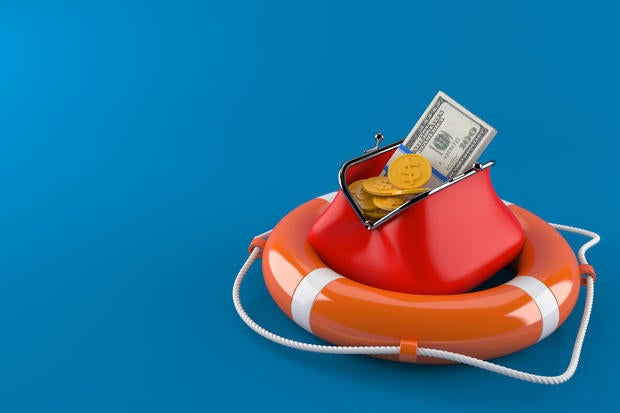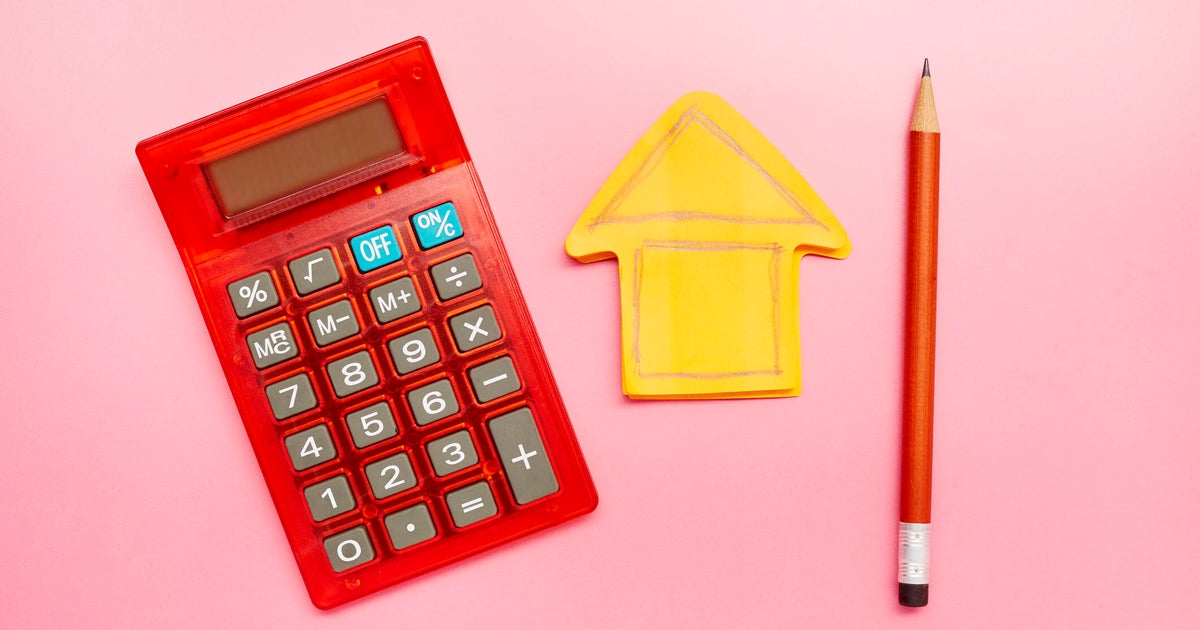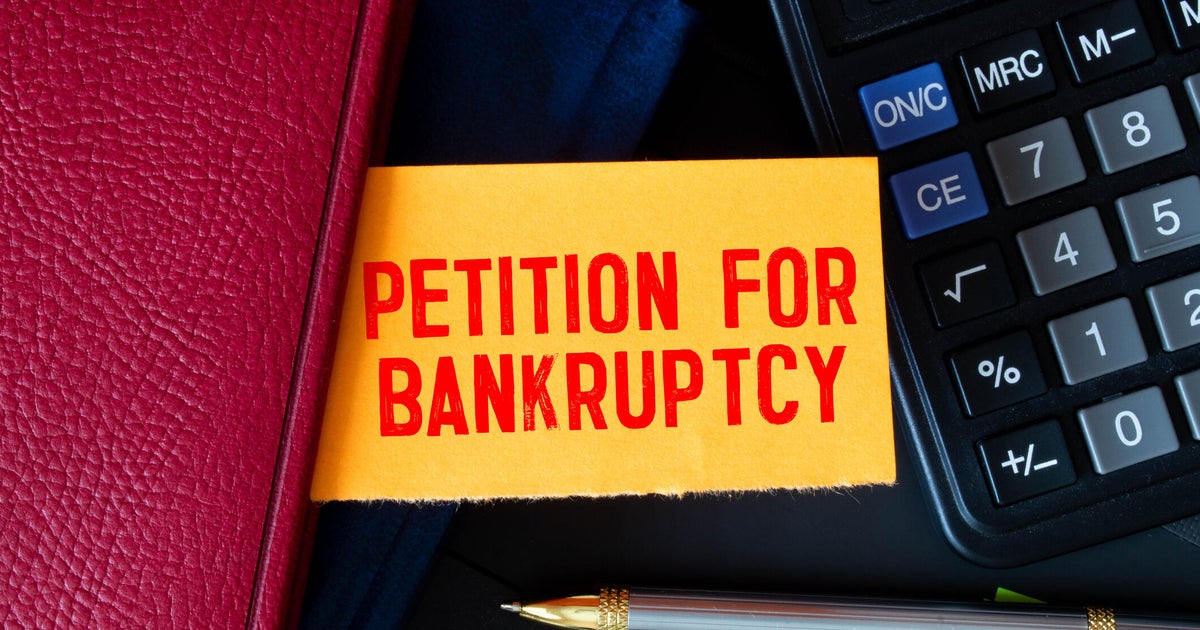Can I qualify for credit card debt forgiveness with a low credit score?
Using credit cards to finance purchases can have its perks, but in today's rate environment, it can also be a dangerous game to play. Right now, credit card rates are sitting at the highest point on record at over 23% on average, so if you're using your credit card and allowing that debt to compound month after month, it could end up becoming a hefty, and expensive, burden. For example, if you have a $5,000 credit card balance with a rate of 23% and you make payments of $100 each month (which equals to 2% of the balance), it would take 14 years to pay off what you owe — and the total interest paid would be more than twice your original balance at $11,739.55.
That burden can become even heavier if it's combined with a low credit score. After all, you can make credit card debt more manageable by taking advantage of the debt relief options that lower or temporarily remove interest from the equation — like credit card debt consolidation or a balance transfer — but you typically have to have a good credit score to do so. If your credit score is low, though, which is typically considered to be below 580, you may have fewer options, leaving you to wonder whether other strategies, like credit card debt forgiveness, could provide a path forward.
When you pursue debt forgiveness, the goal is to negotiate with your creditors (typically with the help of a debt relief company) to settle the debt in return for a lump-sum payment that's less than the full balance. While a low credit score might seem like yet another obstacle, it's not necessarily a barrier to debt forgiveness — and in some cases, it might even make you a more attractive candidate for this type of debt relief.
Start eliminating your credit card debt here now.
Can I qualify for credit card debt forgiveness with a low credit score?
The short answer is yes — you can typically qualify for credit card debt forgiveness regardless of your credit score. In fact, a low credit score can work in your favor when pursuing debt forgiveness. This is because creditors may view you as a higher risk for default, making them more willing to accept a reduced payment rather than risk receiving nothing at all. In turn, most debt relief companies don't have minimum credit score requirements for their debt forgiveness programs. What typically matters more are factors such as:
- The amount of debt you owe (you usually need at least $7,500 in total unsecured debt to qualify)
- Your ability to save money for a settlement fund
- The age and status of your debts
- Your income and ability to make consistent payments
- The types of credit cards and creditors involved
You'll typically also need to demonstrate financial hardship to qualify for debt forgiveness. This could include job loss, medical expenses or other significant life events that have affected your ability to meet your financial obligations. As a result, having a low credit score might strengthen your negotiating position, as it often indicates financial struggles.
Creditors also know that borrowers with poor credit scores have limited options for consolidating or transferring balances, which could make them more amenable to settling. Plus, if your low score reflects genuine financial hardship, it demonstrates to creditors that settling the debt might be their best chance to recover at least a portion of what's owed.
It's important to note, though, that the debt forgiveness process can impact your credit further. Settling a debt for less than the full amount owed will typically be noted on your credit report, which can make it harder to secure future loans or lines of credit. However, for many people, the relief from crushing credit card debt outweighs the temporary damage to their credit.
Take steps to get rid of your high-rate credit card debt today.
What other debt relief options should I consider?
If debt settlement doesn't seem like the right fit for your situation, there are several other debt relief options to explore:
- Debt management: Offered by credit counseling agencies, debt management plans involve consolidating your credit card payments into one monthly payment while working with creditors to lower interest rates or waive fees.
- Debt consolidation: If you qualify, a debt consolidation loan or program allows you to pay off multiple credit card balances with one loan, ideally at a lower interest rate. While a low credit score might make approval more challenging, some lenders specialize in working with cardholders in this situation.
- Balance transfer: If your credit score is not too low, you might qualify for a balance transfer credit card with a low 0% introductory APR, which can help you consolidate and pay off debt more efficiently.
- Bankruptcy: While typically a last resort, filing for bankruptcy can discharge most unsecured debts, including credit card balances.
The bottom line
Having a low credit score doesn't disqualify you from debt forgiveness — and in some cases, it might even work to your advantage in negotiations. However, it's crucial to carefully consider all aspects of debt settlement before proceeding. The process typically takes several years, will further damage your credit score and may have tax implications since forgiven debt is usually considered taxable income. So before committing to debt settlement, be sure to review all your options, as one of the main ways to move forward from high-rate debt is to find a solution that aligns with your financial situation and goals.






